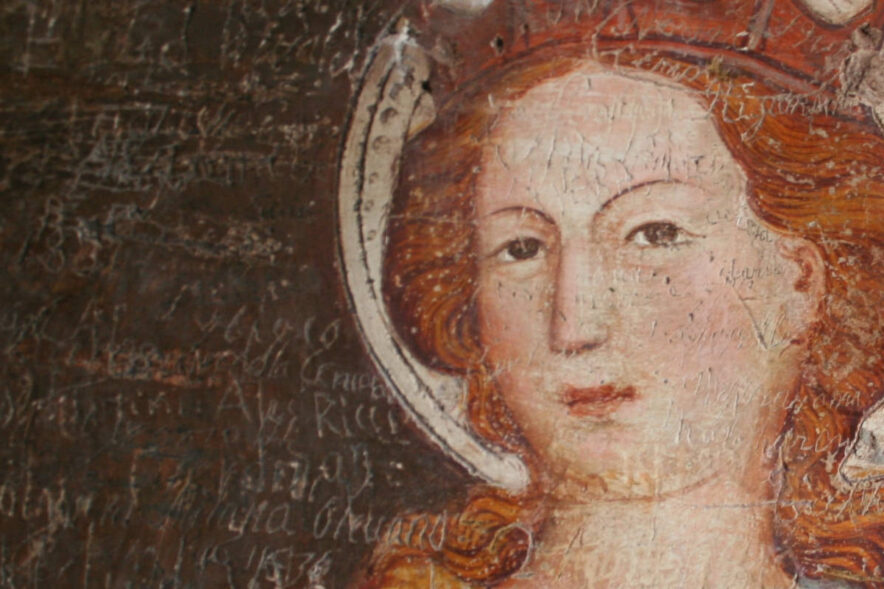I really love talking about church. Not, as in, my church or your church. Not, as in, what flavour of...
Tag: birth of the church
Showed 1 to 3 posts out of 3 total under "Tag: birth of the church" category.
The last six months have been an unsettling and disruptive time for millions of people around the globe. The...





